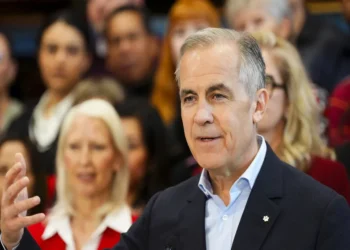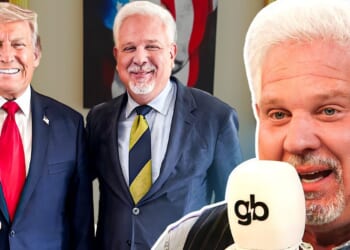For a while on Tuesday, it sounded like Amazon planned to list tariff “import charges” for its products, so shoppers could see a connection between the Trump administration and price increases. If Amazon did that, the administration would consider it a “hostile and political” move, White House Press Secretary Karoline Leavitt said on Tuesday morning while speaking with reporters. But the import charge did not play well, and by midday Amazon had distanced itself from the idea.
“The team that runs our ultra low cost Amazon Haul store considered the idea of listing import charges on certain products. This was never approved and is not going to happen.” An Amazon media wrangler pointed The Federalist to this statement and answered no other questions.
But there were other questions. For example, why does Amazon sometimes conceal the country of origin for its products? And will the company make it easier for consumers to find the country of origin?
Everything is made somewhere, but Amazon only sometimes lists the country of origin for shoppers using a computer, and apparently not at all on the phone app.
When the country of origin is missing, Amazon usually names the manufacturer.
In that case, customers must go to a search engine, find the manufacturer online, and search not just for its address, which could be a sales and shipping office in the U.S., but specifically for where its products are made. Some companies make that hard to find.
Fat chance Karen is going to look all that up on her lunch break just to buy a $26.99 genuine resin, hand-painted, indoor/outdoor rooster wearing a cowboy hat and boots.
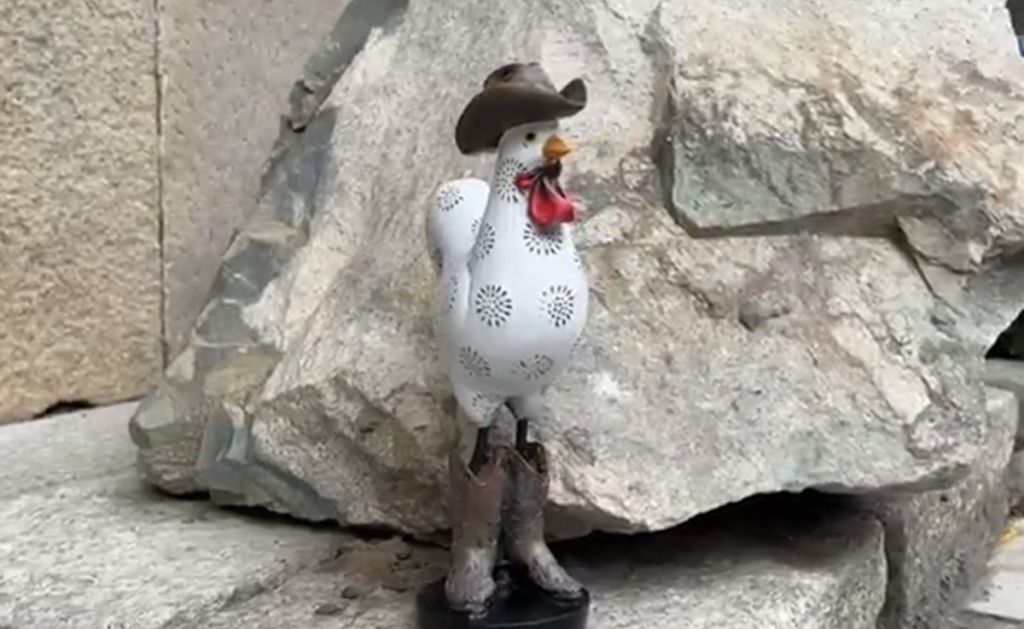
In this case, Karen’s cock-a-doodle-doo-dad is made in China. Maybe before she buys, she will wonder who did the charming hand painting and how the manufacturer is able to make a profit while paying for materials — plus a cut to the original design artist, the piece painter, marketing, shipping, and Amazon. Chances are, someone is being underpaid, probably the piece painter.
And, based on the American-style rooster clothing, it is possible this is a knockoff of an original artist’s design. It is common practice for Chinese manufacturers to make counterfeit products using plans from Americans or other nations, and it is estimated that China steals as much as $600 billion in U.S. intellectual property every year. It is also common for China to use slave labor to make cheap goods.
Check out this $350 “Zoffoli Da Vinci Blue Dust Bar Globe Made in Italy with Certificate of Authenticity” Amazon is offering. The country of origin is in the title and listed under product information.
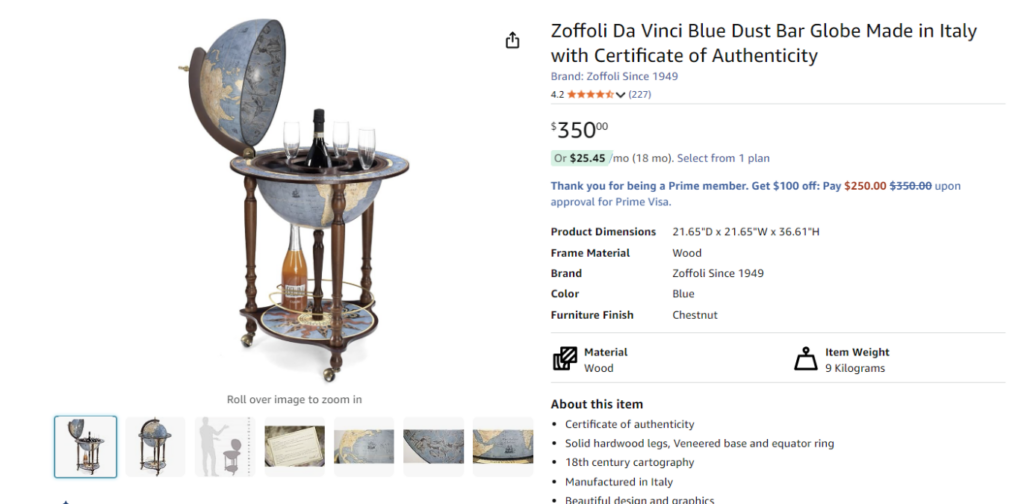
Or, you can pay less than half, just $159 for the strikingly similar, “Goplus Globe Bar, 34.5” Globe Bar Liquor Cabinet with Wheels, Bottom Shelf, Old World Map, 16th Century Italian Replica Bar Globe, Retro Wine Stand, Globe Bar Cart for Dining Room Living Room Home.”
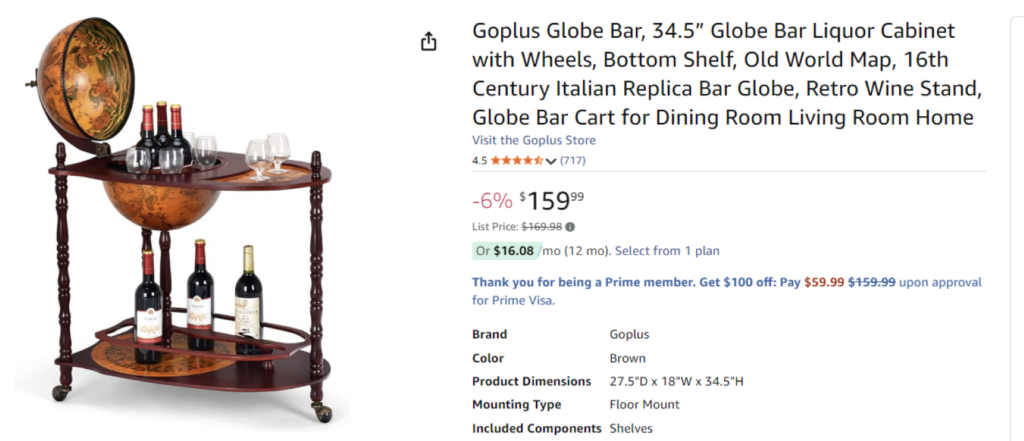
All those words, and yet there is no mention of where the product is made. The title hints it may be Italy. But under the product information, the country of origin line is missing. The manufacturer is Superbuy. It sounds like an American name, but no, it is a company that buys and ships Chinese items. The seller, GoPlusUS, has a Chinese address.
How do Chinese manufacturers manage to produce things so much cheaper?
Prisoners.
China has detained Uyghurs, Falun Gong practitioners, and members of other ethnic and religious minority groups in roughly 1,200 state-run internment camps.
“Detention in these camps is intended to erase ethnic and religious identities under the pretext of ‘vocational training.’ Forced labor is a central tactic used for this repression,” a U.S. State Department statement said in January.
“In Xinjiang, the government is the trafficker. Authorities use threats of physical violence, forcible drug intake, physical and sexual abuse, and torture to force detainees to work in adjacent or off-site factories or worksites producing garments, footwear, carpets, yarn, food products, holiday decorations, building materials, extractives, materials for solar power equipment and other renewable energy components, consumer electronics, bedding, hair products, cleaning supplies, personal protective equipment, face masks, chemicals, pharmaceuticals, and other goods — and these goods are finding their way into businesses and homes around the world.”
If you care about liberty, if you hate slavery, if you want fair trade, then you give a cock-a-doodle-damn where your rooster was painted.
Amazon should make it simple to find the country of origin for every product.
Despite all its social posturing, Amazon perpetuates slavery, harms U.S. businesses, and enriches the Chinese Communist Party and leaders in countries with similar ugly labor practices. Until that changes, Amazon is no better than a common street peddler selling a fake COACH purse to a chain-smoking SNAP recipient.
Beth Brelje is an elections correspondent for The Federalist. She is an award-winning investigative journalist with decades of media experience.


